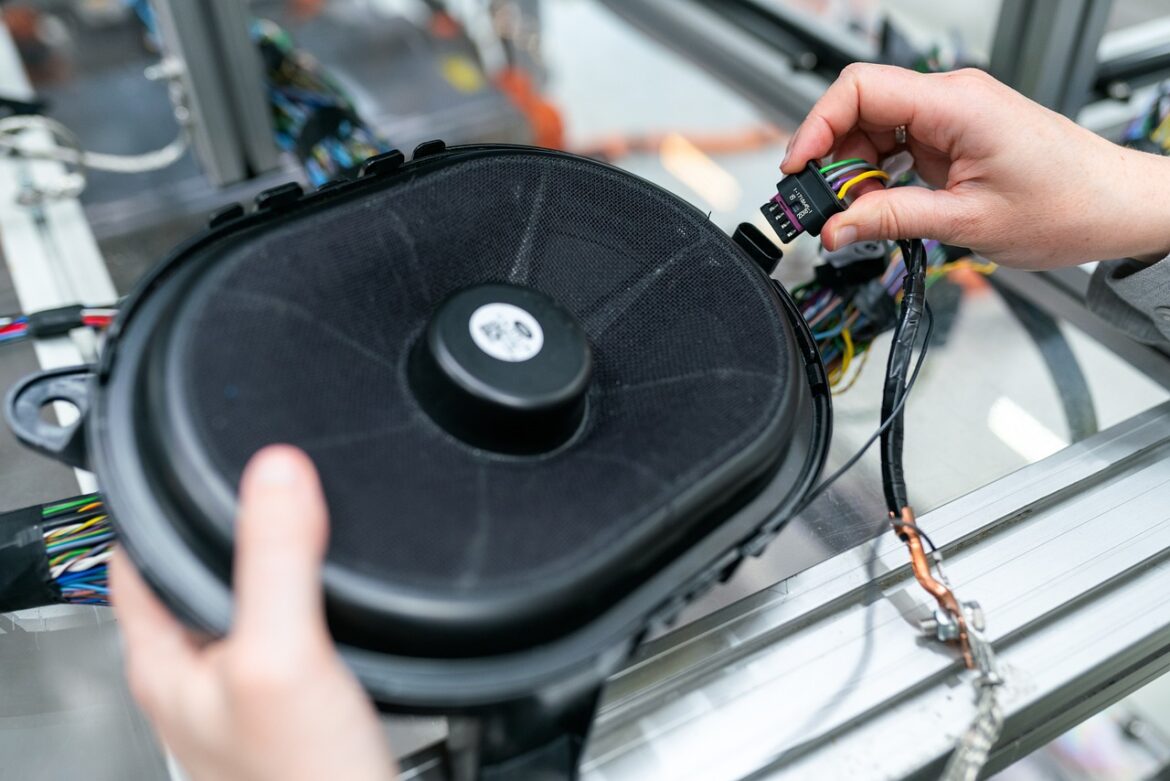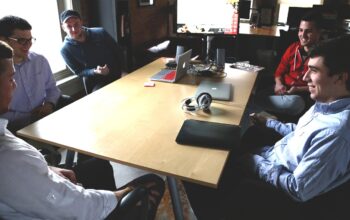Driving Change: How HR is Steering the Future of the Auto Industry
Remember the last time you saw a car ad and marveled at its sleek design or cutting-edge tech? Behind every modern vehicle rolled off the lot, there’s a hidden force hard at work—human resources (HR). The auto industry, once synonymous with assembly lines and welding sparks, is now reinventing its engine, and HR is the turbocharger making it all happen.
Let’s take a ride through the latest HR trends reshaping the cars we drive, the teams that build them, and how HR departments are shifting gears—sometimes literally—in response to massive change.
The New Age Talent Hunt: EV and Tech Roles
Imagine you’re running an auto factory in 2025. The job pool looks dramatically different than it did a decade ago. The most sought-after roles? Battery Management System Engineers and Powertrain Software Developers. These aren’t your granddad’s grease monkeys—today’s auto workers need to speak the language of electric motors, smart sensors, and software updates.
Companies are scrapping for top-tier talent as fast as Tesla rolls out new models. “It’s a war for minds, not just hands,” says a Detroit-based HR director working with a major EV startup. “We’re now recruiting from tech hubs and software schools, not just vocational training centers.”
Real-world example? A leading EV maker in California hired a former Silicon Valley coder who’d never set foot in a manufacturing facility. “Within six months, he was designing algorithms that optimize battery efficiency,” the company reported. HR’s challenge? To assess soft skills—like adaptability and curiosity—alongside technical chops.
AI in the Driver’s Seat: Smarter Hiring and Onboarding
Gone are the days of sifting through stacks of resumes by hand. AI-powered platforms now scan CVs, rank candidates, and even conduct early video interviews, all without coffee breaks. “AI takes the grunt work out of recruiting,” a global talent acquisition lead explains. “If you’re managing hundreds of resumes a week, it’s a godsend.”
But AI isn’t just about saving time—it’s making onboarding smoother, too. Personalized training modules, automated paperwork, and chatbots that answer new hires’ questions around the clock mean new recruits can hit the ground running—even if they’re dialing in from another city or country.
Think of it like a car’s infotainment system: it’s not just flashy—it makes the journey so much easier. That’s AI in HR, helping auto companies get the right people in the right seats, faster than ever.
Performance Management: From Gut Feeling to Data-Driven Decisions
No more annual reviews that feel like dental check-ups—awkward, dreaded, and forgotten the moment they’re done. Today’s auto firms use AI to track KPIs, gather real-time feedback, and spot trends before they turn into roadblocks. “Data doesn’t lie,” says a European auto plant manager. “If a team’s productivity dips, our dashboards flag it in real time.”
Take the case of a small supplier in the Midwest: using predictive analytics, they spotted a dip in engagement among night-shift workers. Instead of waiting for turnover to skyrocket, HR launched targeted wellness programs and flexible shift options. Result? Retention improved by 15% in six months.
Real-time data means problems get nipped in the bud—no surprises, no detours, just clear roads ahead.
The People Behind the Policy: Fleet Culture and HR Collaboration
Ever tried enforcing a speed limit when only half the drivers care? That’s what managing a fleet can feel like without strong HR alignment. At leading logistics and delivery firms, HR teams work hand in hand with fleet managers to craft policies that aren’t just rules on paper—they’re woven into company culture.
At one multinational delivery company, regular HR-fleet management roundtables have led to safer roads and happier drivers. “It’s not just about tracking fuel efficiency,” says a fleet manager who helped roll out a driver rewards program. “We celebrate safe driving milestones, provide constructive feedback, and share data transparently.”
This partnership extends to compliance and privacy, too. HR helps ensure that telematics and performance data are collected respectfully, safeguarding employee trust while keeping operations on track. It’s about setting the cruise control on responsible, measurable progress.
The Human Touch in a Digital World
Auto jobs aren’t just getting more technical—they’re demanding more empathy, too. With electric vehicles, autonomous sensors, and fleets of AI-driven trucks, the people behind the scenes need to adapt, learn, and thrive in a landscape that’s always shifting.
“We’ve learned that ‘workforce agility’ isn’t a buzzword—it’s a survival skill,” says a veteran HR consultant. “We’re investing in continuous learning, reskilling, and upskilling. It’s not about filling one job; it’s about preparing for the next five.”
An auto maker in Germany now offers “skill passports” for employees, documenting every training session and qualification. These digital badges help workers showcase their versatility, whether they’re troubleshooting a hybrid engine or programming a self-driving car. It’s a human approach to a digital revolution.
Final Gear: HR as a Strategic Partner
In the fast lane of the auto industry, HR is no longer just the department that handles paychecks and pensions. It’s a strategic partner shaping the future of mobility, workforce, and innovation. Whether you’re hiring electric engineers, rolling out AI-driven onboarding, or fine-tuning the DNA of your company culture, HR is the navigator—guiding everyone from the factory floor to the boardroom.
Your takeaway? The future of cars is about people, powered by technology, and steered by thoughtful, human-centered HR strategy.
Key Takeaways
- The auto industry’s talent map is shifting to electric, digital, and software-driven roles.
- AI and automation are making HR smarter, faster, and more personalized.
- Data-driven performance management is the new standard for keeping teams on track and engaged.
- Strong HR-fleet policy collaboration is driving safer, more transparent cultures.
- Continuous learning and upskilling are the fuel for tomorrow’s auto workforce.
So next time you see a shiny new car, remember: under the hood, there’s a team, a culture, and an HR department—revving up for what’s next.
References:
- https://www.pacerecruit.com/hiring-ev-and-automotive-technology-in-2025/
- https://www.coxautoinc.com/market-insights/auto-market-weekly-summary-05-05-25/
- https://www.industryselect.com/blog/hiring-trends-in-the-us-manufacturing-sector
- https://www.shrm.org/enterprise-solutions/insights/other-tomorrowist-trends-news-may-8-2025
- https://kredily.com/hr-technology-in-2025-key-trends-and-insights/
- https://www.automotive-fleet.com/10145836/strong-fleet-culture-starts-with-stronger-fleet-policy
- https://en.wikipedia.org/wiki/Applications_of_artificial_intelligence
- https://www.rolandberger.com/en/Insights/Publications/Global-Automotive-Supplier-Study-2025.html



